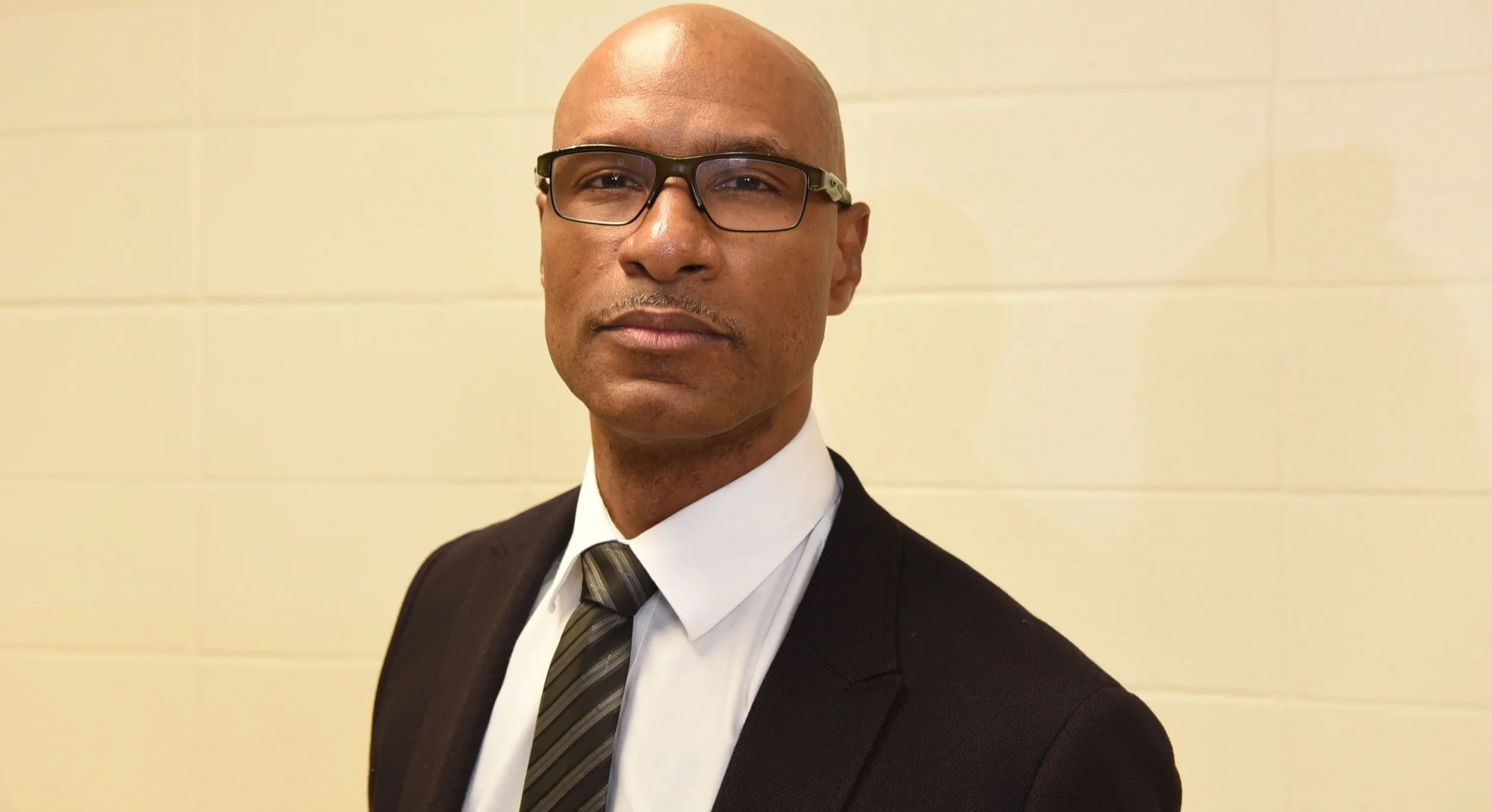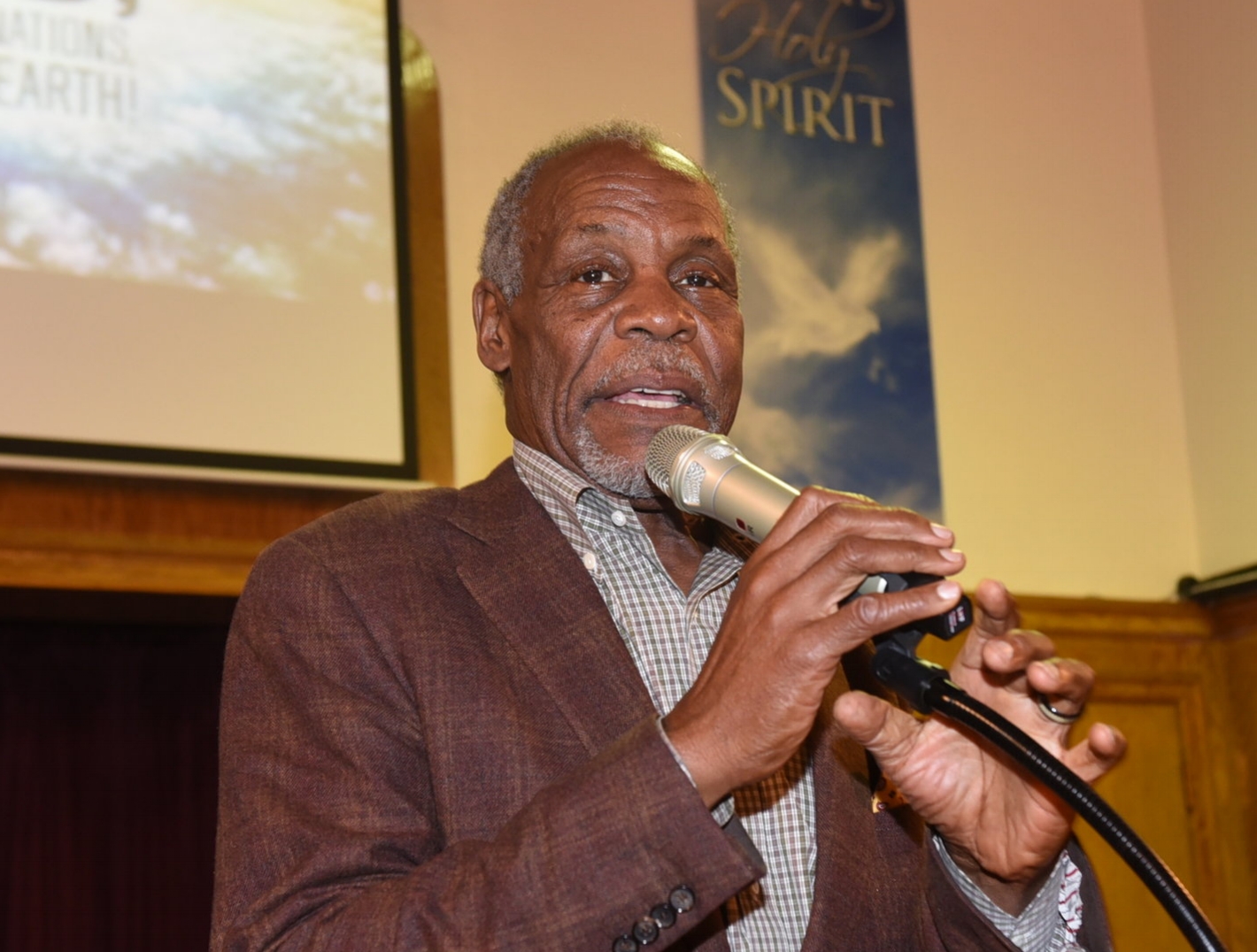Minorities now head Canada's largest labour union
May 19, 2017
The face of Canada’s largest labour organization reflects the rapidly changing immigrant population.
At last week’s Canadian Labour Council (CLC) 28th constitutional convention at the Metro Convention Centre, Guyanese-born Hassan Yussuff won a second mandate by acclamation for the presidency, Marie Clarke-Walker became the organization’s first racialized female secretary/treasurer and American-born Larry Rousseau, the product of Haitian parents, was elected executive vice-president.
Donald Lafleur is the other executive vice-president.
For Clarke-Walker who was the first racialized woman and youngest person to be appointed to the executive vice-president position which she held for the last 15 years, the elevation is significant.
“This is a huge moment for both me and the labour movement and for all those who believe in democracy, anti-racism and that together we are stronger,” she said.
Born in England to parents of Jamaican and Barbados heritage, Clarke-Walker spent eight years in Jamaica before coming to Canada at age nine.
She dedicated her historic victory to the late Fred Upshaw, the first Black person to lead a major Canadian trade union, and Bromley Armstrong.
The president of the Ontario Public Service Employees Union (OPSEU) from 1990 to 1995, Upshaw passed away last March at his Oshawa home at age 81.
During his five-year reign, the trailblazer secured public employees wage increases and helped win unit reform and human rights language in OPSEU contracts. He also negotiated broad scale equity settlements to ensure that human rights and equity were embedded in collective agreement provisions, adopted the union’s first employment equity policy and hired its first human rights officer.
“Fred always stood up for members and he was the person that hired my mom (Beverley Johnson was OPSEU’s first human rights officer), so I have always had a very close connection with him,” she noted. “If it weren’t for the trail he blazed, I would not be here. He was someone I could call on at any moment. His advice flowed freely and he would always say, “Sister, you are doing a great job’, whenever he saw me.”
A human rights and union activist before falling ill a few years ago, Armstrong is the only surviving member of the 1954 delegation that went to Ottawa toprotest the federal government’s restrictive immigration policy that shut out Blacks and other visible minorities.
“Bromley has also had my back and supported me in everything I have done,” said Clarke-Walker whose father, Bobby Clarke, is a Barbadian-based lawyer and Cuba’s Medal of Friendship recipient. “I am really humbled and honoured for the support of some really fantastic trade unionists. This is not to take away anything from my mom who has been the biggest influence in my life. She had me walking the picket line since I was about 10 years old. She took me to every demonstration and although I would have preferred to be playing with my friends or be somewhere else, I learnt a lot from being at those protests and that influenced my love for social justice and my dedication to the work that I do. I am still passionate today as I was the day that I was elected to my first position in 1998.”
After working in a home for the elderly, with adults and children with developmental disabilities, as a counsellor and family support worker in the city and an early childhood educator, Clarke-Walker rapidly rose through the Canadian Union of Public Employee (CUPE) ranks, rising to provincial equity vice-president and the union’s first ever national diversity vice-president before being elected the CLC executive vice-president in 2002.
In that role, she held several important files. They include women, health & safety, human rights, anti-racism, migrant workers, mental health and the International Labour Organization (ILO).
She also had the New Democratic Party (NDP) file as the labour vice-president and served two terms on the Council of Governors for the Canadian Centre for Occupational Health and Safety (CCOHS) as a workers’ representative.
The council was created in 1978 to promote the fundamental rights of Canadians to a healthy and safe working environment.
“I got a lot accomplished in the last 15 years,” the chair of the Coalition of Black Trade Unionists (Canada chapter) women’s committee said. “When I ran for this position, I thought I could make this world a little bit better. When I got in, I realised it was not as easy as I thought. I felt that if you had like-minded people, it would be easier to get things pushed through. But I quickly realized that the movement is extremely bureaucratic and it is a little more difficult to get things done.”
Two weeks after announcing her candidacy in April 2014 for the fifth time as the CLC executive president, Clarke-Walker penned an open letter highlighting some of the obstacles she faced.
“I have decided an open letter is necessary, given the powerful forces that I am currently up against,” she wrote. “I find myself in the untenable position of not only having to defend my decision not to support Ken Georgetti (former CLC president) who has been my abuser for the last 12 years at the congress, but I am now also faced with clearing my name from the torrent of misinformation now being circulated against me within my own union.”
Clarke-Walker, who replaces Order of Canada recipient Barbara Byers who did not stand for re-election, will be the workers representative at 106th session of the ILO conference in Geneva from June 5-17.
Yussuff, who became the first person of colour to lead Canada’s labour movement, migrated in 1974 and joined the labour movement when he was employed at a bus, trailer, railway and aircraft manufacturing plant in the city.
“I am looking forward to working with this very talented and determined team to build on the victories, we have won over the last three years and to moving us closer to a fair future for all workers,” the former Canadian Auto Workers human rights department director.
A Statistics Canada employee for 25 years, Rousseau was first elected regional executive vice-president for the Ottawa region in June 2011. He was re-elected for a second term three years ago.
John Cartwright, the president of the Toronto & York Region Labour Council, said that having three of the top four CLC administrative positions filled by people of colour, is a landmark moment for the labour movement.
The CLC is the largest labour organization in Canada representing 3.3 million workers.
“It is an expression of incredible skill, courage and determination of these three individuals,” he noted. “It’s not easy to climb through all the historic obstacles that are there. This vote is also an expression of the maturity of our labour movement that they have confidence in workers of colour speaking for all of us. I have known Marie and her family for years. She has endured and prevailed with courage under fire.
“I have been with Larry on the board of the Federation of Labour for the last six years. He has an incredible capacity to analyze a situation. When people are angry and bickering, he would say, ‘What about a solution that looks like this’, and so many times, people stop in their tracks and say ‘yes, that would actually work’. To be the person with insight to find out what creates common ground for people to move forward is a huge talent, especially in a central labour body.”
Local CBTU founding president June Veecock said the changes are noteworthy and long overdue.
“This is a sign of progress and exactly what the CBTU founding members have been advocating for over the years,” she pointed out. “We have been pushing for racialized members of our community to be not only in high-ranking positions with the CLC, but also on boards and agencies that are filled by Whites.”






